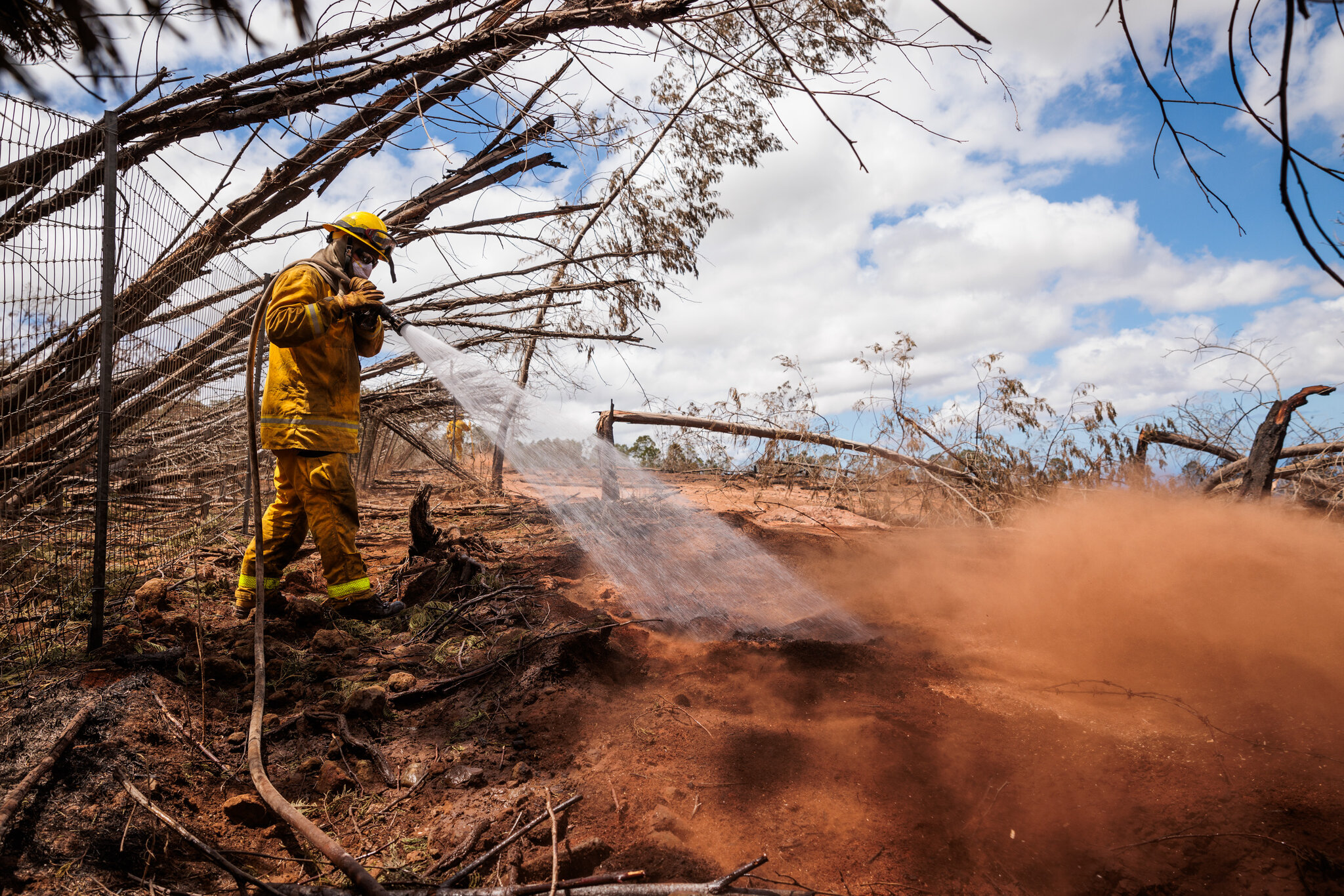The recent Lahaina fire has ignited a shift in Maui’s longstanding water disputes, drawing attention to the interconnected challenges of water scarcity, resource allocation, and conservation. The fire’s impact on water sources has prompted renewed discussions among local authorities, communities, and stakeholders about sustainable water management.
The Lahaina fire, which engulfed large swathes of land, including crucial watersheds, has raised concerns about the immediate and long-term effects on water supply. Local officials are assessing the extent of the damage to water infrastructure and exploring strategies to safeguard and restore water sources.
The incident has prompted a reevaluation of water allocation practices, particularly in a region where water resources have been historically contested. The intersection of fire damage and water scarcity highlights the complexities of managing water in the face of environmental challenges.
Community conversations have centered around the need for collaborative efforts to address water-related issues. The fire’s impact has served as a catalyst for local stakeholders to engage in discussions about sustainable practices, conservation measures, and the importance of safeguarding water sources.
The Lahaina fire has also underscored the critical role of local communities, authorities, and organizations in adapting to changing environmental conditions and ensuring the resilience of water supply systems. The incident highlights the necessity of fostering a comprehensive approach to water management that balances the needs of various sectors.
As Maui grapples with the aftermath of the Lahaina fire, the incident serves as a reminder of the intrinsic connection between environmental factors and water availability. The renewed focus on water disputes highlights the ongoing importance of dialogue, collaboration, and forward-thinking strategies to address the challenges presented by changing landscapes.










